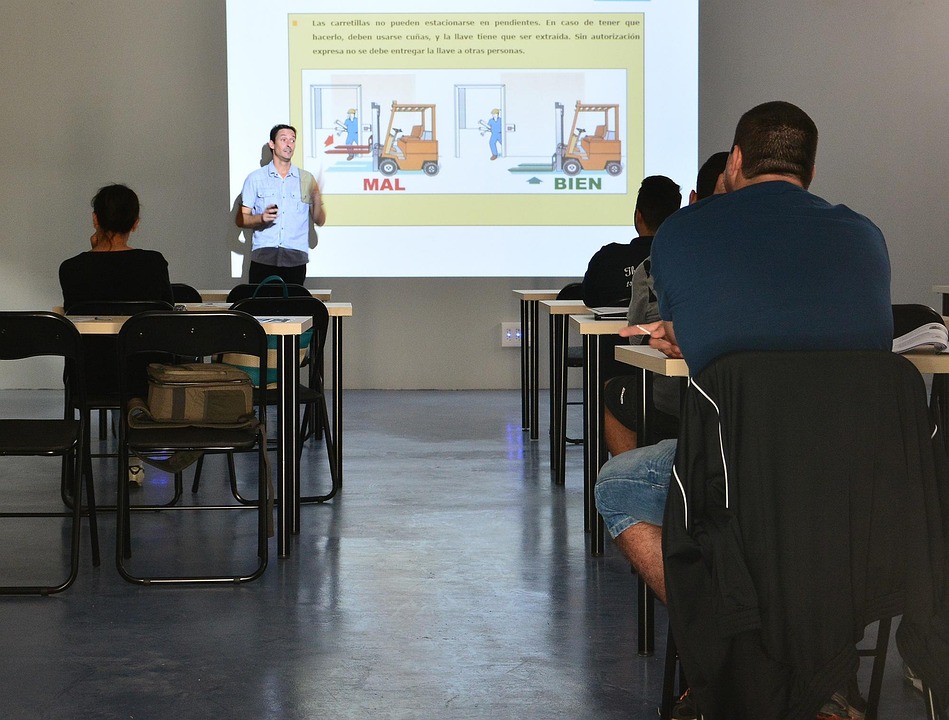Creating an effective study schedule can be the key to academic success. Whether you’re aiming for high grades, preparing for standardized tests, or simply trying to manage your workload, a well-structured study plan can make all the difference. This article outlines key strategies to develop a study schedule that your mind will embrace and your academic performance will reflect.
1. Understand Your Goals
Before you set pen to paper (or fingers to keyboard), it’s essential to understand your goals. Clarify what you aim to achieve through your studies. This may include:
- Improving grades in specific subjects.
- Preparing for exams or assessments.
- Completing assignments and projects on time.
Understanding these objectives helps you prioritize topics and allocate time effectively.
2. Assess Your Current Schedule
Take a close look at your current schedule. Consider your commitments, including classes, work, extracurricular activities, and personal responsibilities. This assessment will help you identify free time slots for studying and help you avoid overcommitting yourself.
3. Allocate Time for Each Subject
Based on your goals, allocate time for each subject or topic. Here are some tips to keep in mind:
- Complex Topics Require More Time: If a subject is particularly challenging, allocate more time to it.
- Balance is Key: Ensure you distribute your study time evenly across all subjects to avoid burnout.
4. Create a Study Template
A visual representation of your study time can be incredibly beneficial. Consider creating a study schedule template that includes:
- Days of the week
- Times for study sessions
- Subjects/topics to cover during each session
You can use tools like spreadsheets, calendars, or even a planner to create this template. Make sure it’s visible and easily accessible!
5. Establish a Routine
Consistency is vital when sticking to a study schedule. Try to establish a routine by:
- Setting specific study times each day.
- Creating a dedicated study environment to help you focus.
- Avoiding distractions during your study sessions.
6. Incorporate Breaks
Long study hours without breaks can lead to decreased productivity. Incorporate short breaks into your study schedule to recharge your brain. A common method is the Pomodoro Technique, where you study for 25 minutes and take a 5-minute break.
7. Be Flexible
Life is unpredictable, and your schedule should reflect that. Be prepared to adjust your study plan as needed. If you find you’re consistently struggling to meet a deadline or understand a concept, don’t hesitate to modify your schedule.
8. Evaluate and Adjust
Periodically evaluate your progress. At the end of each week, take some time to reflect on what worked and what didn’t:
- Are you meeting your study goals?
- Are there subjects that need more attention?
- Is the time allocation effective, or do you need to make changes?
Use these evaluations to make necessary adjustments in your study schedule moving forward.
Conclusion
A well-structured study schedule can significantly enhance your academic performance while minimizing stress. Start by understanding your goals, assessing your current commitments, and creating a template that suits your style and needs. Remember to incorporate breaks, be flexible, and regularly evaluate your progress to ensure you remain on track. By following these strategies, you will not only become more organized but also pave the way for your success.
FAQs
Q1: How often should I evaluate my study schedule?
A1: It’s advisable to evaluate your study schedule weekly. This allows you to make adjustments based on what you’ve learned about your study habits and progress.
Q2: What if my study schedule doesn’t work for me?
A2: If your schedule isn’t effective, consider redesigning it. Try different study times, formats, or lengths to see what aligns best with your concentration levels and lifestyle.
Q3: How can I stay motivated while following my study schedule?
A3: Stay motivated by setting small, achievable goals, rewarding yourself for meeting them, and creating a comfortable study environment that minimizes distractions.
Q4: Is it better to study in one long session or multiple short ones?
A4: Multiple short study sessions are generally more effective. They help maintain focus and retain information better, especially when interspersed with breaks.
